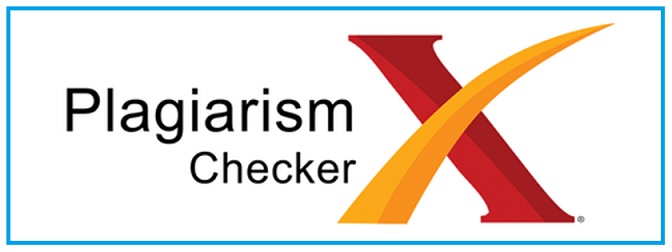STUDENTS’ PERCEPTION OF USING SCAVENGER HUNT GAME IN UNDERSTANDING SOCIAL CONTEXT OF SECOND LANGUAGE ACQUISITION
DOI:
https://doi.org/10.55681/nusra.v4i2.892Keywords:
Students’ Perception, Scavenger Hunt game, Second Language AcquisitionAbstract
This research study investigates students’ perception of using the Scavenger Hunt game to understand the social context of second language acquisition. The participant of this research was 12 undergraduate students in the 5th semester. The data were collected from questionnaires, documentation, and interview. The data were analyzed using descriptive analysis. This study revealed that Scavenger Hunt is an exciting way to understand the social context of Second Language Acquisition because the students experienced directly and what they did were examples of some issues in learning the social context of Second Language Acquisition (SLA). Teachers and lecturers should consider the integration of Scavenger Hunt and specific topics with some adaptation to make the activity effective in the teaching and learning process.
Downloads
References
Amelia, M., & Prystiananta, N. C. (2020). The Effect of Scavenger Hunt Game on Students’ Reading Comprehension of Descriptive Text. Linguistic, English Education and Art (LEEA) Journal, 3(2), 441–457. https://doi.org/10.31539/leea.v3i2.1314
Barkley, E. , F. (2010). Student Engagement Techniques: A Handbook for College Faculty. Jossey-Bassa.
Fieldman., R. S. (1999). Understanding Psychology. McGrow Hill College.
la Chance, N. (2016, May 24). Benefits of Scavenger Hunts’ Institute for Educational Advancement. Https://Educationaladvancement.Org/Blog-Benefits-Scavenger-Hunts/.
Lijek, R. S., & Fankhauser, S. C. (2016). Using Scavenger Hunts to Familiarize Students with Scientific Journal Articles. Journal of Microbiology & Biology Education, 17(1), 125–128. https://doi.org/10.1128/jmbe.v17i1.1005
Lu, Y., Chao, J. T., & Parker, K. R. (2015).
HUNT: Scavenger hunt with augmented reality. In Interdisciplinary Journal of Information, Knowledge, and Management (Vol. 10). http://www.ijikm.org/Volume10/IJIKMv10p021-035Lu1580.pdf
Margineanu, I. (2003). Games Theory and Practice in ESL Teaching. In Universitatea Liberă Internaţională din Moldova (pp. 60–64).
Mccain, C. (2007). Scavenger Hunt Assignments in Academic Libraries. College & Undergraduate Libraries, 14(1), 19–31. https://doi.org/10.1300/J106v14n01_02
Miles, M. B. , & Huberman, A. M. (1994). Qualitative of Data Analysis: An Expanded Sourcebook. Sage Publications.
Shelton, B. E., & Hedley, N. R. (n.d.). Using augmented reality for teaching Earth-Sun relationships to undergraduate geography students. The First IEEE International Workshop Agumented Reality Toolkit, 8. https://doi.org/10.1109/ART.2002.1106948
Singh, S. (2016). Game Based Language Learning in ESL Classroom: A Theoretical Perspective. ELT Vibes - International E-Journal for Research in English, 2, 20–34.
Sudrajat, S., & Rochsantiningsih, D. (n.d.). A Teacher’s Perception toward the Use of Vocabra Games in Mastering English Vocabulary for EYL.
Vygotsky, L. ,S. (1978). Mind in society: The development of higher psychological processes. Harvard University Press.
Williyam, A., Md Yunus, M., & Abdul Aziz, A. (2016). Education in the 21 th Century: Responding to Current Issues Students’ Perception of using Games in the Teaching of Reading Skill.
Downloads
Published
How to Cite
Issue
Section
License
Copyright (c) 2023 NUSRA: Jurnal Penelitian dan Ilmu Pendidikan

This work is licensed under a Creative Commons Attribution-ShareAlike 4.0 International License.














